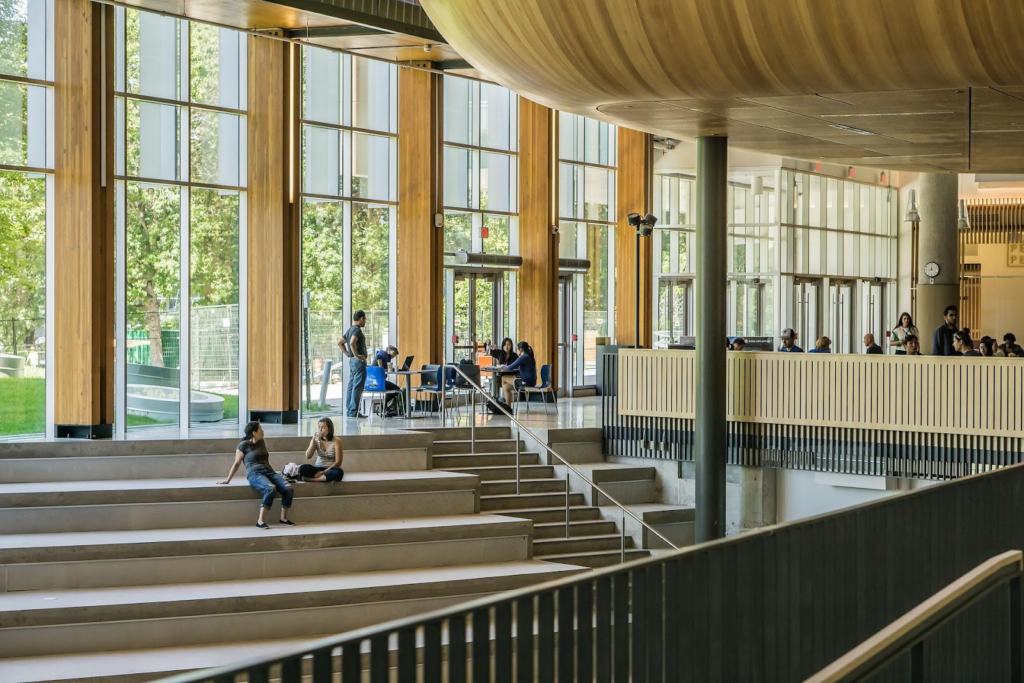When studying at university there are important guidelines to abide by, and failure to do so can result in serious consequences. In this article, we’ll be exploring what would happen in the event of an allegation of academic misconduct. Being accused of academic misconduct can be a frightening and difficult thing to go through, leaving some students having to contact academic misconduct solicitors.
Universities and higher education institutions have policies in place to maintain the integrity of their programs and ensure students do not gain unfair advantages. In worst cases, academic misconduct can result in disciplinary action, including suspension or expulsion.
It is important for students to understand the seriousness and gravity of academic misconduct, with an accusation being capable of compromising an individual’s education, future job prospects and reputation. Below, we’ll be exploring what could happen in the event of academic misconduct.
What is Academic Misconduct?
Academic misconduct is any behaviour that violates the ethical or academic standards of an institution. This can include cheating, plagiarism, falsification of data, unauthorised collaboration, and other forms of dishonesty. The purpose of academic misconduct is to gain an unfair advantage or to deceive others about one’s abilities or accomplishments. Academic institutions take academic misconduct seriously, as it can undermine the integrity of their programs and devalue the accomplishments of honest students.
Types of Academic Misconduct:
There are many different types of academic misconduct, and some of the most common are outlined below:
Cheating
Cheating will involve a student attempting to gain an unfair advantage in an academic setting. This can include copying answers from another student, using unauthorised materials during an exam, or submitting work that was not completed by the student.
Plagiarism
When a student uses someone else’s work without giving proper credit, this is known as plagiarism. This can include copying and pasting text from a website, using someone else’s ideas without citation, or submitting a paper that was written by someone else.
Falsification of Data
Falsification of data is when a student alters or fabricates data to support their research. This can include manipulating experiments, fabricating results, or altering data to fit a desired outcome.
Unauthorised Collaboration
When a student works with others without permission, this is classed as an unauthorised collaboration. This can include working together on a project that was meant to be completed individually, sharing answers to an exam, or collaborating on a paper without permission.
Misrepresentation of Credentials
Misrepresentation of credentials is when a student provides false information about their academic or professional background. This can include claiming to have a degree or certification that they do not possess or falsifying information about their GPA or academic achievements.
Consequences of Academic Misconduct
The consequences of academic misconduct can be severe, and can include disciplinary action, suspension, or even expulsion. The specific consequences will depend on the severity of the misconduct and the policies of the institution. In some cases, students may receive a warning or probationary period, while in other cases they may be required to retake a course or redo an assignment.
In addition to the immediate consequences, academic misconduct can have long-term consequences as well. Students who are found guilty of academic misconduct may have difficulty being admitted to graduate programs or finding employment in their field, as their reputation and credibility may be called into question.
What Happens if You’re Accused of Academic Misconduct
If a student is accused of academic misconduct, the first step is usually an investigation. The institution will gather evidence, such as exam papers, assignments, or emails, and conduct interviews with the student and any witnesses. The student will be given the opportunity to provide their side of the story and to present any evidence in their defence.
Once the investigation is complete, the institution will make a determination as to whether academic misconduct occurred. If the student is found guilty, they will be notified of the consequences and any disciplinary action that will be taken. The student will also have the opportunity to appeal the decision, although the grounds for appeal may be limited.

Being Accused of Academic Misconduct
Academic misconduct is a serious offence that can have significant consequences for students. It is important for students to understand what rules they have to follow and how to make the right decisions and choices.
Studying requires students to do things alone and so, when they break the rules in order to gain an advantage, the outcome could have an impact on their future. This is the reason why these rules are in place as it ensures that all students are fairly treated. Furthermore, it also ensures that students are unable to get ahead of others through the many different types of academic misconduct examples.
Please be advised that this article is for general informational purposes only, and should not be used as a substitute for advice from a trained legal professional. Be sure to consult an education lawyer/solicitor if you’re seeking advice on academic misconduct. We are not liable for risks or issues associated with using or acting upon the information on this site.
Write and Win: Participate in Creative writing Contest & International Essay Contest and win fabulous prizes.











